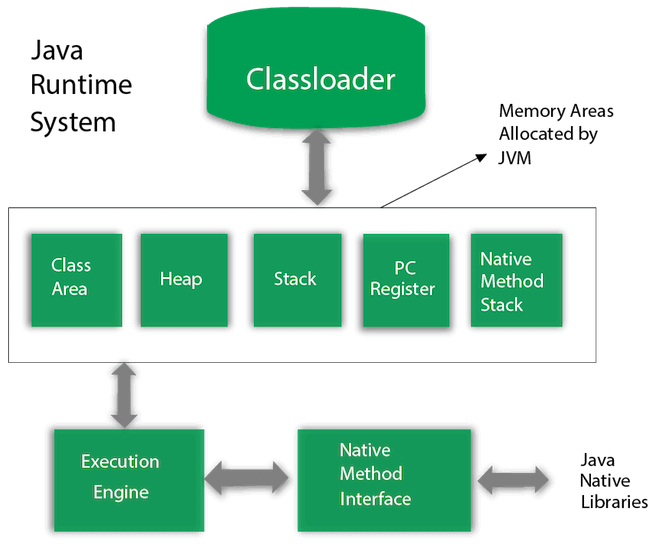Java Vs Python Vs C++
Java, Python, and C++ are all popular programming languages, each with its own strengths and purposes. Here's a brief comparison of the three Programming Language:
Java:
- Purpose: Java is a general-purpose, object-oriented programming language developed by Sun Microsystems (now owned by Oracle). It's designed to be platform-independent, meaning that Java programs can run on any device that has a Java Virtual Machine (JVM).
- Syntax: Java syntax is similar to C++, making it relatively easy for developers who are familiar with C or C++ to learn.
- Memory Management: Java uses automatic garbage collection, meaning developers don't need to manage memory manually, which helps prevent memory leaks and buffer overflows.
- Typing: Java is statically typed, which means that variables must be declared before they can be used, and their types cannot change during execution.
- Popular Uses: Java is commonly used for building enterprise-level applications, Android mobile apps, web applications, and large-scale systems.
Python:
- Purpose: Python is a high-level, interpreted programming language known for its simplicity and readability. It emphasizes code readability and allows developers to express concepts in fewer lines of code compared to languages like Java or C++.
- Syntax: Python's syntax is designed to be intuitive and clean, resembling pseudo-code in many cases.
- Memory Management: Python uses automatic memory management similar to Java, which means developers don't need to manage memory manually.
- Typing: Python is dynamically typed, meaning that variables don't have a fixed type, and their type can change during execution.
- Popular Uses: Python is widely used for web development, data analysis, artificial intelligence (AI), scientific computing, scripting, automation, and more.
C++:
- Purpose: C++ is a powerful, general-purpose programming language descended from C. It provides low-level memory manipulation features along with high-level abstractions, making it suitable for a wide range of applications.
- Syntax: C++ syntax is similar to C, but with additional features such as classes and templates for object-oriented programming and generics.
- Memory Management: C++ allows both manual memory management using pointers and automatic memory management using techniques like smart pointers. This flexibility gives developers more control over memory usage but also increases the risk of memory-related bugs.
- Typing: C++ is statically typed like Java, requiring variable declarations and fixed types.
- Popular Uses: C++ is commonly used for system/application software, game development, performance-critical applications, embedded systems, and other tasks where efficiency and control over hardware are crucial.
In summary, Java offers platform independence and strong support for enterprise-level applications, Python emphasizes simplicity and readability, and C++ provides performance and low-level control over hardware. The choice between them depends on the specific requirements of a project and the preferences of the development team.

No comments:
Post a Comment